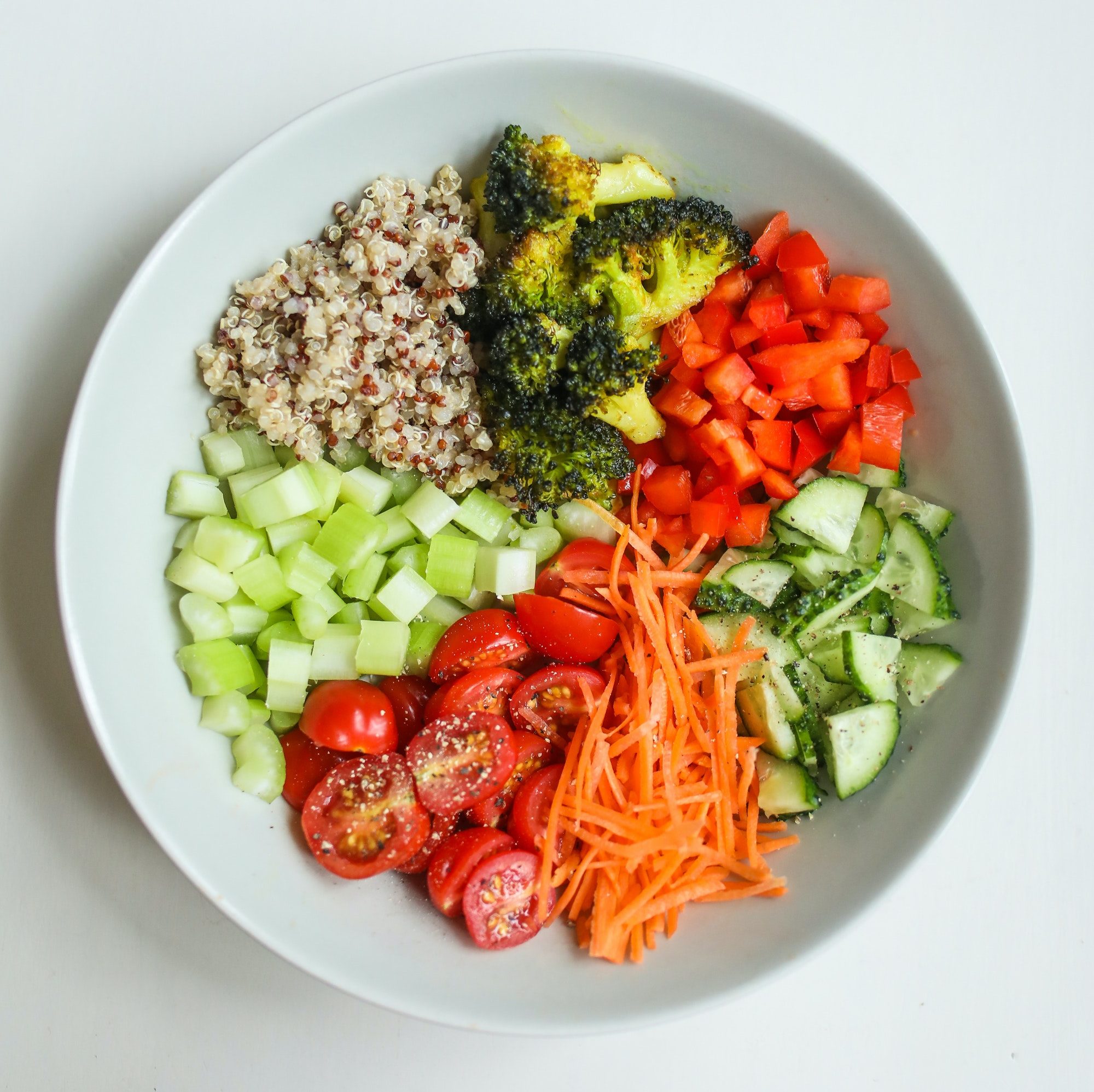
Can Your Diet Offer Symptomatic Relief For PCOS?
By Charlotte Foster BSc (Hons), MSc, RD.
So, what actually is PCOS?
PCOS is a common condition that affects how your ovaries work. The root cause of PCOS is related to abnormal hormone levels including raised testosterone and insulin resistance. Symptoms often include irregular or absent periods, difficulty getting pregnant, excess facial/body hair, weight gain, thinning hair and acne. However, not everyone with PCOS will have all of these symptoms and they can vary in severity from person to person. Unfortunately, there is not yet a cure for PCOS, but symptoms can be managed with medication and lifestyle changes such as exercise and a healthy diet.
Is there a link between PCOS and diet?
Given that PCOS can lead to weight gain, healthy eating is always encouraged in order to maintain a suitable weight and reduce the risk of diabetes and heart disease. However, it’s not just about weight… there is evidence to suggest that the diet you consume could offer some symptomatic relief! When thinking about what foods to eat with PCOS, it’s important to be realistic.
There is strong evidence to suggest that a low glycaemic index (GI) diet can balance hormone levels, reduce insulin resistance and regulate periods. You can simply alter your diet to make it more GI friendly by reducing your consumption of refined carbohydrates (such as white bread/rice and sugary food/drinks). These foods can cause your blood sugar to skyrocket, creating a sharp peak in insulin which is not ideal for individuals with insulin resistance.
This doesn’t mean you need to cut out ALL carbohydrates… it just means making smarter decisions about the processed, high sugar treats you eat. A low GI diet can be easily achieved through taking the advice of our trusty old friend, the Eatwell Guide! The Eatwell Guide recommends a diet full of good fats, lean proteins and complex carbohydrates such as brown rice and wholewheat pasta… And this works perfectly for a low GI diet too! If you want to learn more about the low GI diet, you can click the link to this factsheet by the British Dietetic Association.
There is also some evidence to suggest that a Mediterranean diet can also help to reduce PCOS symptoms. This diet is full of fish, vegetables, beans, pulses, wholegrains, nuts, olive oil, herbs and spices. By nature, it also tends to contain very few refined, sugary and processed foods, which explains why it may have a similar effect to the low GI diet.
So, what do I recommend? As always, I recommend working to include the following into your diet:
– High fibre foods (leafy greens, beans and lentils, sweet potato)
– Lean proteins (chicken, oily fish)
– Complex carbohydrates (wholegrains, brown rice, wholewheat pasta)
If you’re suffering with PCOS and can’t seem to get your diet under control, we would be happy to help. Drop us a message through our online form or email us at [email protected] to get a consultation arranged.
